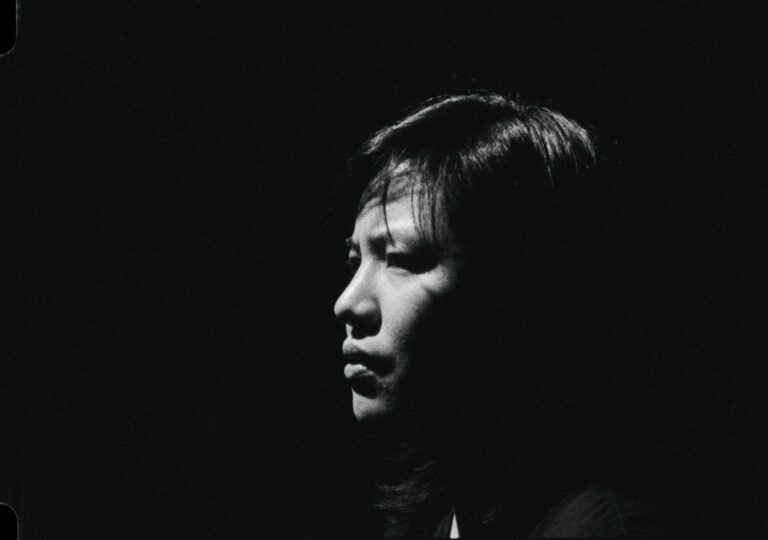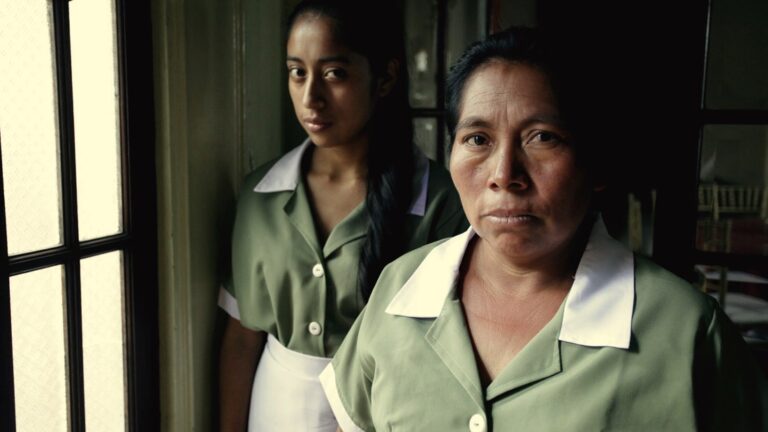The Little Mermaid Teaser Stirs Strong Reactions Among Fans
Since its release in 1989, “The Little Mermaid” has been a beloved Disney classic that has captured the hearts of audiences for over three decades. The animated musical film tells the tale of Ariel, a mermaid who dreams of living on land and falls in love with a human prince named Eric. The film’s enchanting storyline and iconic music, composed by Alan Menken and Howard Ashman, have made it an ageless classic. Its timeless songs, including “Under the Sea”, “Part of Your World”, and “Kiss the Girl”, have become staples in the Disney music repertoire.
What makes “The Little Mermaid” truly extraordinary is its ability to evoke a sense of wonder and magic in viewers of all ages. The underwater world that Ariel inhabits is filled with vibrant colors, unique creatures, and captivating landscapes. Moreover, the love story between Ariel and Eric is heartwarming and relatable. “The Little Mermaid” is a testament to the power of storytelling and the enduring appeal of Disney animation. It continues to captivate and inspire audiences of all ages and backgrounds, reminding us of the beauty and magic that exists in the world.
Disney’s D23 release of “The Little Mermaid” teaser has stirred strong reactions from fans and haters alike. Halle Bailey’s portrayal of Ariel has sparked a conversation about representation in fairytales, and the significance it holds for young girls of color.
“The Little Mermaid” has always been a beloved classic, but the live-action version has already caused quite a stir. While many are excited to see Halle Bailey take on the role of Ariel, others have taken to social media to voice their displeasure at the casting decision.
Unfortunately, this reaction is not surprising. Whenever people of color are cast in traditionally white roles, there is often backlash. However, the fact that this conversation is happening shows the importance of representation in media. Young girls of color need to see themselves represented in the media they consume, and this is a step in the right direction.
For many Black girls, Tiana was the only Disney princess they could relate to. While Tiana is a great character, she is not a fairytale princess in the traditional sense. Ariel, on the other hand, is a quintessential Disney princess, and having her played by a Black actress is a big deal.

The reactions to Halle Bailey’s casting have been overwhelmingly positive, especially among young girls of color. Seeing someone who looks like them on the big screen is a powerful thing, and it can have a lasting impact on their self-esteem and sense of belonging.
It’s important to note that representation matters not just for young girls of color, but for all marginalized groups. We need to see ourselves represented in the media we consume, and we need to see diverse stories told.
Representation in media is a topic that has been gaining more attention in recent years, and for good reason. The power of representation should not be underestimated, as it can have a significant impact on how individuals perceive themselves and others. It is vital for people to see characters that resemble themselves in media to feel appreciated and acknowledged.
However, the lack of diversity in media can lead to harmful stereotypes persisting and contribute to misunderstandings and a lack of empathy towards different cultures and identities. This is why it is so important to advocate for more diverse representation in all forms of media.
The controversy surrounding Halle Bailey’s casting as Ariel in the upcoming Little Mermaid movie highlights the need for change in media. It is not enough to simply have diverse representation; authentic representation includes accurate and nuanced depictions of different cultures and identities and should not rely on harmful stereotypes or tokenism.
Fortunately, films like Black Panther and Crazy Rich Asians have demonstrated the financial benefits of diversity in media. These films have shown that audiences are eager for diverse stories and representation.
The conversation surrounding The Little Mermaid is just one example of the ongoing need for diverse representation in media. It’s important to continue advocating for more diverse stories and characters in all forms of media. By doing so, we can challenge harmful stereotypes and promote a more inclusive and empathetic society.
Discover more from DG Speaks
Subscribe to get the latest posts sent to your email.






